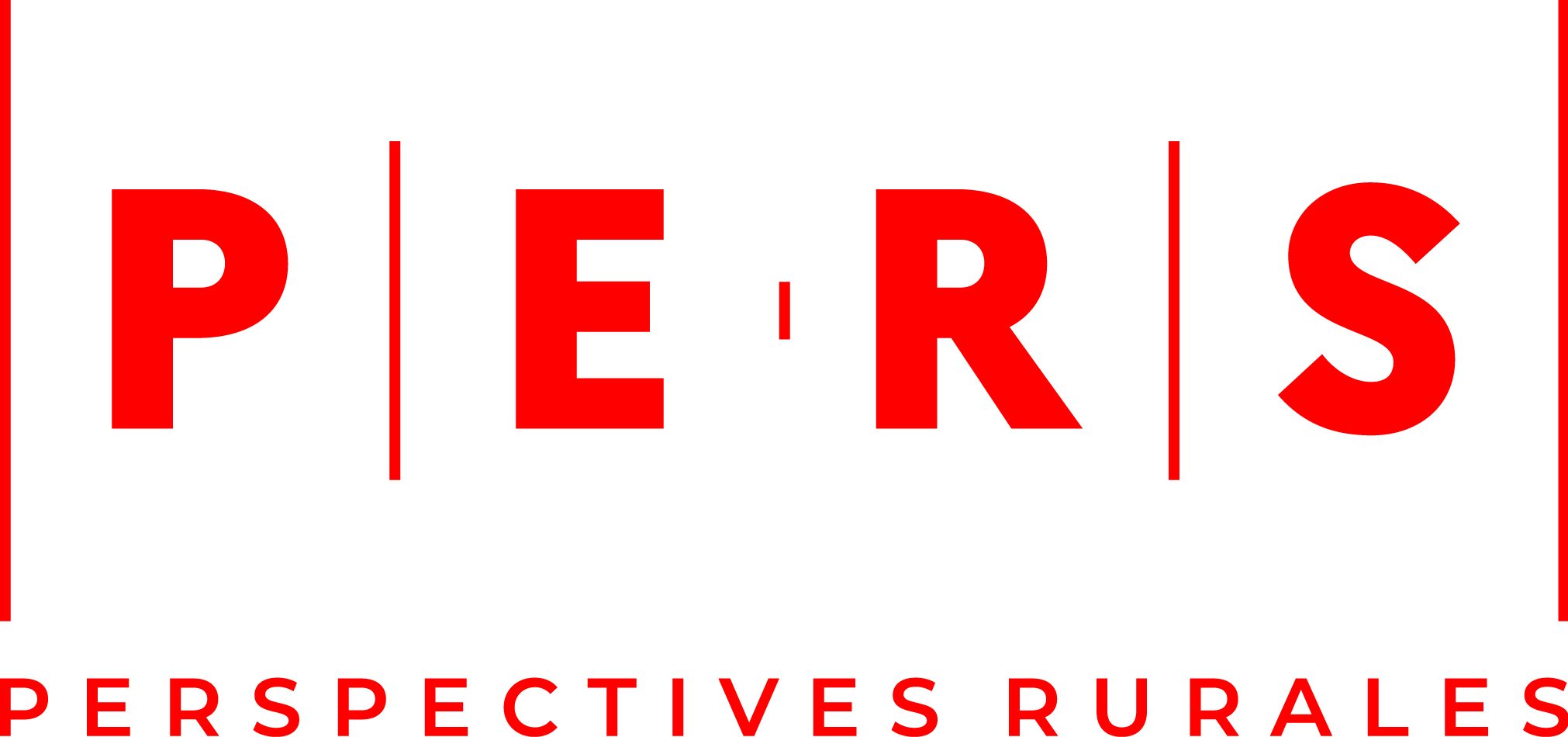Scientific approach, Who are we?
A systemic approach to territories for a “town-countryside pact”
The Rural Perspectives network explores the infinite variations in the forms of rural spaces, both in France and internationally, and the interdependencies they forge with cities of all sizes, including major metropolitan areas, using a comparative and systemic approach made necessary by the recent and radical transformations of the territorial context of rural areas.
The strengthening of metropolitan areas, both politically and economically, has, by contrast, highlighted the need for a balanced vision that takes into account the challenges, resources, and potential of all territories.
Environmental issues, although identified as early as the 1970s, have taken on a new political dimension in recent years, driven by public policies (the “ecological transition” has become more than just a motto, especially at the local level) but also by the increased involvement of citizens and economic actors.
These recent developments necessitate a systemic approach to territories and a broader perspective than that offered by economics and urban geography. It is impossible to consider the ecological transition without taking into account extensive resource systems and to reflect on the “transition” of less densely populated and less developed territories in relation to metropolitan areas, their counterparts.
Interterritorial dynamics take on a more acute and critical dimension in light of the climate crisis and the social difficulties exacerbated by inequalities across all territories, whether urban, peri-urban, or rural. New governance and the shift in public policy at all levels offer potentially more significant operational opportunities.
The Project as an instrument of knowledge and a vector of proposals
The Rural Perspectives network aims to translate the diagnosis and understanding of these inter-territorialities into concrete projects by contributing its theoretical and practical analysis, scientific expertise, and experimental know-how. Here, the project is understood not only as a vehicle for concrete proposals but also as an instrument of knowledge, a platform for co-production, where the experiential dimensions and the power of lived experience are just as fruitful as more rational approaches, as evidenced by the increasing number and intensity of “residencies” or “off-site” workshops hosted in rural areas in recent years.
The prior identification of the specific conditions of the territories under consideration, the reformulation of the issues, and the interpretation of the dynamics constitute an integral part of the project. This requires specific tools, which the Rural Perspectives network, supported by an interdisciplinary approach and a wide range of educational institutions and research groups, is well-positioned to develop. It effectively offers a form of mediating intelligence between technical cultures and methods, but also between contrasting local economic contexts: reflections on rural areas cannot be carried out with the same means, the same tools, or the same references as those usually used for large urban areas. Solutions provided by the culture of reflection and action in rural areas contribute to the renewal of methods that, being urban and once driven by a context of abundance, are no longer fully adapted to the context of ecological transition.
The Perspectives Rurales network thus brings, in terms of expertise and experience, a patiently developed otherness. Its primarily academic foundation, even though it is linked to local authorities and state institutions responsible for land-use planning, also gives it a fruitful autonomy, a useful freedom to experiment, innovate, and question ongoing processes, including within local communities.
The scientific impact of the Perspectives Rurales network extends beyond simply providing better responses, both in terms of knowledge and resources, for the territories within its scope. Perspectives Rurales focuses on how humans settle and interact with other living elements and ecosystems, on the long-term sustainability of cultural and social narratives, on the development of new visions, and on alternative economic models and new forms of wealth.




